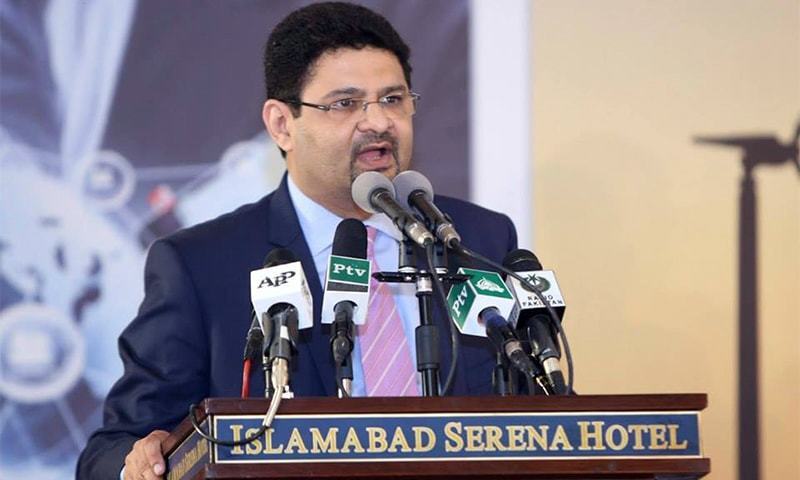ISLAMABAD: Former minister for finance Miftah Ismail has filed a petition in the Islamabad High Court (IHC) seeking pre-arrest bail in the liquefied natural gas (LNG) case.
Mr Ismail in his petition requested the IHC to restrain the National Accountability Bureau (NAB) from arresting him and sought a pre-arrest bail.
Read: NAB summons Miftah for validating controversial contracts
He expressed apprehensions that NAB might arrest him which would be disgraceful and humiliating for him.
In the petition, Mr Ismail explained why NAB was after him and said that when the deal for the LNG supply was being finalised, he was working as non-executive director/chairman of the Board of Directors of the Sui Southern Gas Company (SSGC) for a limited time period from Oct 30, 2013 to Oct 18, 2017.
“In his role as a non-executive chairman, the petitioner as per standard practice relied upon the advice and recommendations received from the Board of Directors from the executive or from the Inter State Gas System (ISGS), the agency responsible for carrying out the tender process,” the petition stated.
Ex-minister fears arrest by NAB in liquefied natural gas case
Mr Ismail claimed that he was not responsible “for evaluating any bids received and did not share in the executive responsibilities of due diligence as his role was merely of non-executive director”.
In the petition, he insisted that the LNG project at the time of award of tender was extremely price competitive.
The petition stated that NAB had issued a call up notice on January 1, 2019 and he had appeared before the investigation officer to explain his position. The petition, however, said that NAB summoned him again and Mr Ismail procured a protective bail from the Sindh High Court (SHC), which would expire by April 18.
In the petition, former finance minister alleged that “the actions of NAB seem to form part of a targeted campaign that has spread fear and intimidation amongst the professional intelligentsia of the country, owing to which the administrative and bureaucratic machinery of the country has been crippled. Such effects of actions of NAB are only amplified by the fact that Respondent No. 2 rarely has technical know-how or expertise to delve into the minutiae and understand the myriad details that are at the heart of any large project or commercial undertaking”.
“Furthermore, the actions of those officials, such as the petitioner, who served under previous political dispensation, seem to be under the scrutiny of the NAB for politically motivated, mala fide and extraneous reasons”, the petition added.
Published in Dawn, April 16th, 2019














































